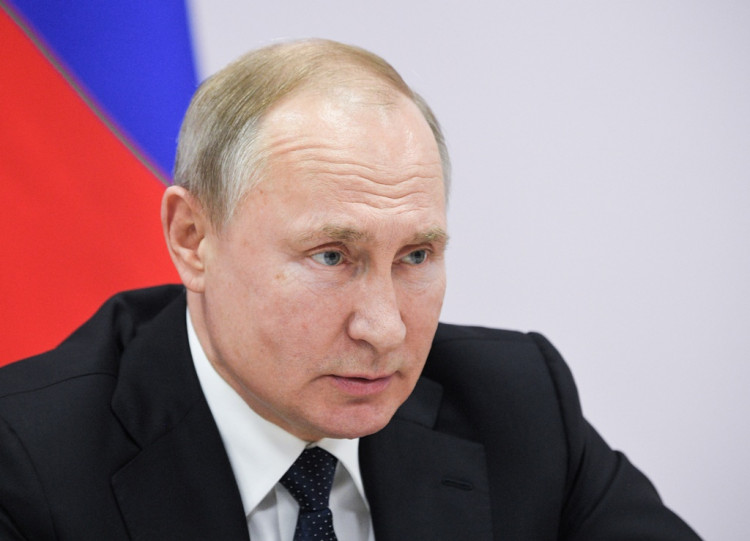Russian officials issued stark warnings to the West on Saturday, threatening uncontrolled escalation-including possible nuclear responses-as Western leaders contemplate allowing Ukraine to use long-range missiles against targets inside Russia.
Ukrainian President Volodymyr Zelensky stated late Friday that his strategy for victory hinges on Washington's decision to authorize long-range strikes, a capability Kyiv has long sought from NATO allies. "Strong decisions are needed. Terror can be stopped by destroying the military facilities where it originates," said Andriy Yermak, head of Mr. Zelensky's office, on the Telegram messaging app.
The potential move by the U.S. and U.K. to supply Ukraine with long-range missiles, such as the U.S. Army Tactical Missile System (ATACMS) or British Storm Shadow missiles, represents a significant escalation in the ongoing conflict. Western leaders, including British Prime Minister Keir Starmer and U.S. President Joe Biden, are reportedly holding talks on the matter.
Russian Deputy Foreign Minister Sergei Ryabkov alleged that the decision has already been made and communicated to Kyiv, warning that Moscow would have to respond accordingly. "We are ready for everything," Mr. Ryabkov was quoted as saying by the RIA news agency. "And we will react in a way that will not be pretty."
Former Russian President Dmitry Medvedev, now deputy chairman of Russia's Security Council, said the West was testing Russia's patience. He suggested that Ukraine's recent incursion into Russia's Kursk region provided formal grounds for Russia to use its nuclear arsenal or deploy new non-nuclear weapons for a large-scale attack. "And that would be it-a giant, gray, melted spot instead of 'the mother of Russian cities'," Mr. Medvedev wrote on Telegram, referring to Kyiv.
Analysts suggest that President Vladimir Putin's options for retaliation could include striking British military assets near Russia or even conducting a nuclear test to demonstrate intent. "This would be a dramatic escalation of the conflict," said Ulrich Kuehn, an arms expert at the Institute for Peace Research and Security Policy in Hamburg. He did not rule out the possibility of Russia testing a nuclear weapon to intimidate the West.
Gerhard Mangott, a security specialist at the University of Innsbruck in Austria, echoed this view. "They could explode a tactical nuclear weapon somewhere in the east of the country just to demonstrate that they mean it when they say they will eventually resort to nuclear weapons," he said.
Russia's U.N. ambassador, Vassily Nebenzia, told the U.N. Security Council on Friday that NATO would become "a direct party to hostilities against a nuclear power" if it allowed Ukraine to use longer-range weapons against Russia. "You shouldn't forget about this and think about the consequences," he warned.
Western allies have so far been reluctant to permit Ukraine to strike deep into Russian territory, citing fears of escalating the conflict and doubts about the efficiency of such strikes. However, Kyiv argues that these capabilities are critical for restricting Moscow's ability to attack Ukraine.
Sergei Mironov, leader of a pro-Kremlin political party, stated, "The moment of truth has come for the West, whether it desires a full-scale war with Russia."





